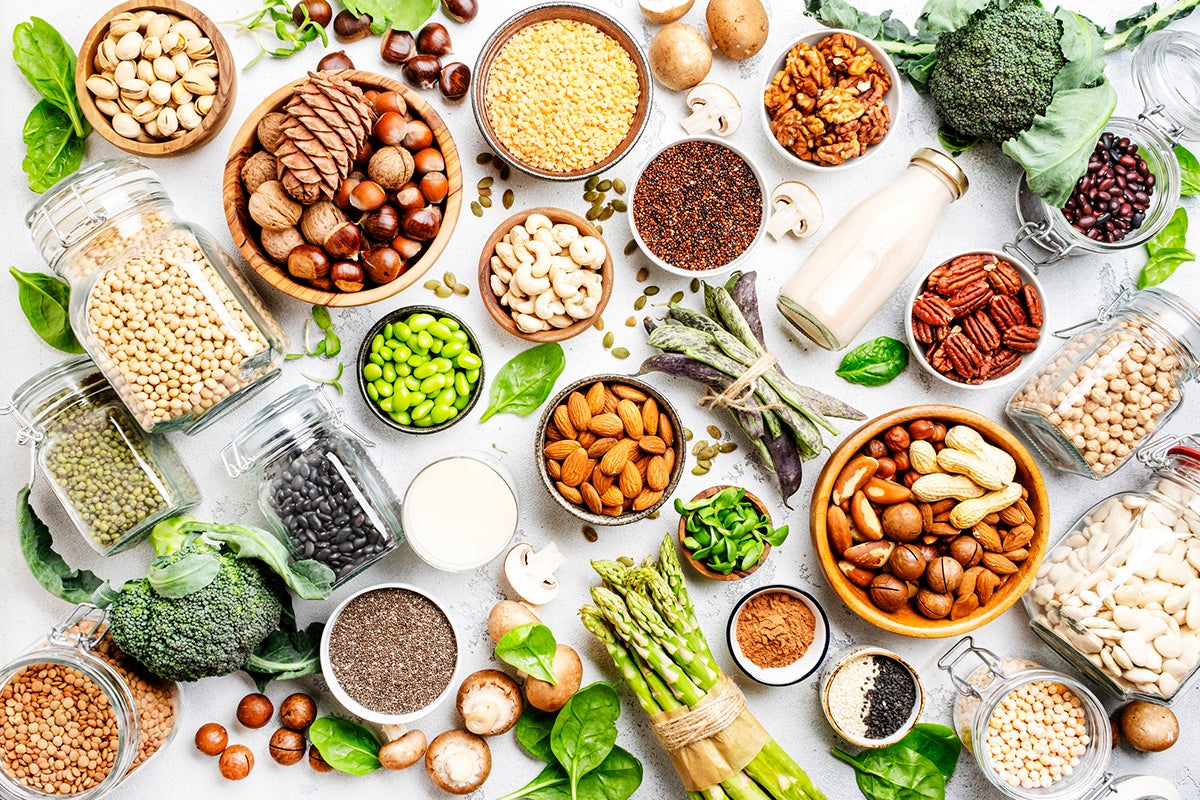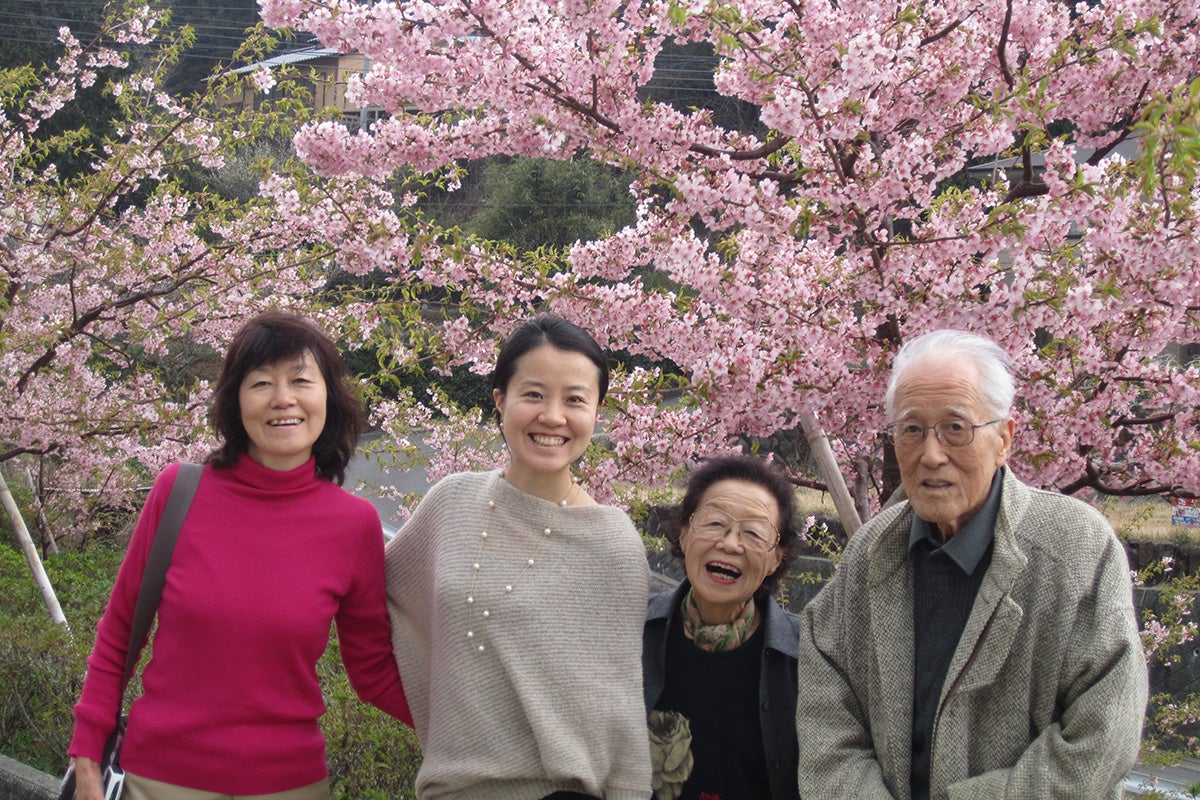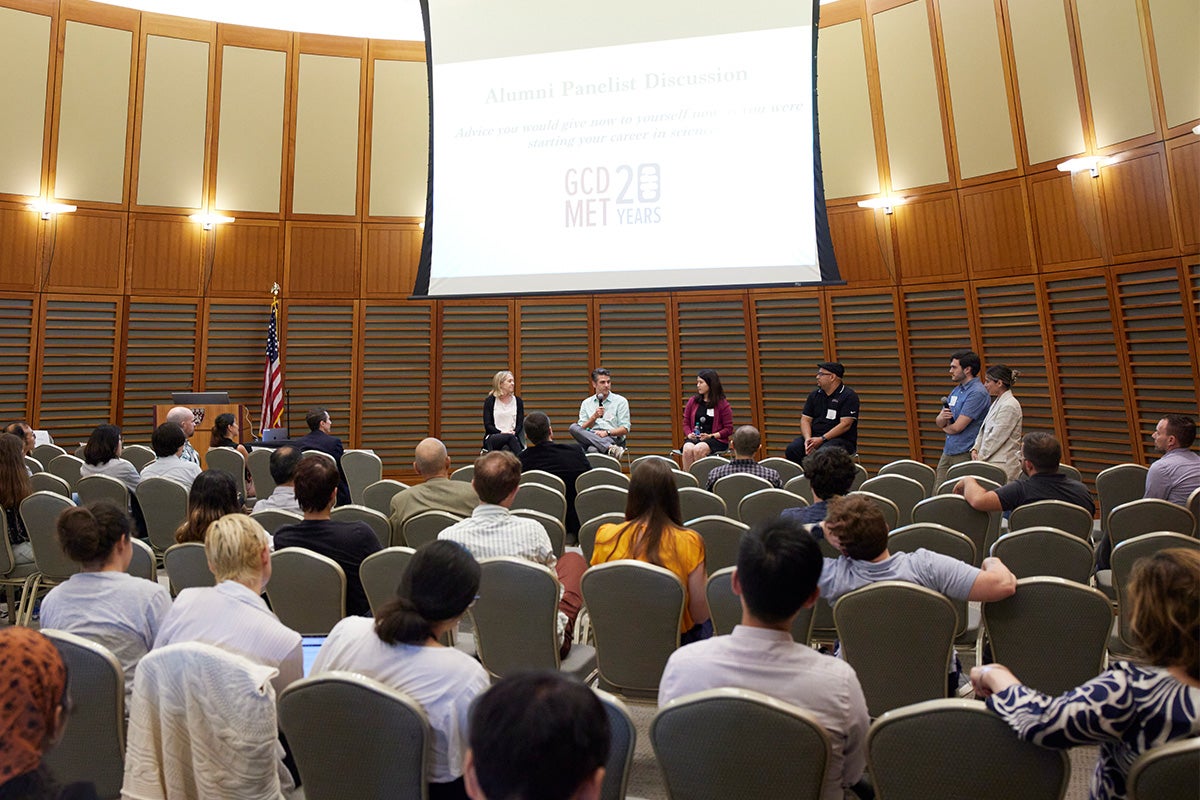Related Topics
Eating plant protein in midlife may help women stay healthy as they age
Eating plant protein in midlife may help women stay healthy as they age.

Rethinking dementia as preventable, not inevitable
There are many ways to prevent dementia—starting with convincing the public it can be done, says Harvard Chan School’s Albert Hofman.

Grappling with Japan’s super-aging society
Inspired by her grandparents’ care challenges, Hana Hayashi, SM ’12, SD ’16, is launching a home care clinic for the elderly in Japan—a model she hopes can be used worldwide.

Increasing workplace flexibility associated with lower risk of cardiovascular disease
Increasing workplace flexibility may lower employees’ risk of cardiovascular disease, according to a new study led by Harvard Chan School and Penn State University.

Examining the link between metabolism, mortality, and longevity
A new Harvard Chan School study has identified a group of metabolites associated with risk of mortality, and another group linked with longevity.
Mediterranean diet high in polyphenols linked with slower biological aging
Eating a Mediterranean or Green Mediterranean diet rich in polyphenols is associated with slower biological aging, according to a new study co-authored by researchers at Harvard Chan School.
Department of Molecular Metabolism celebrates 20th anniversary
Over 100 current and former members of Harvard T.H. Chan School of Public Health’s Department of Molecular Metabolism gathered on September 7 to celebrate the 20th anniversary of the department’s founding, to reflect on the successes of the…

Outdoor air pollution may increase non-lung cancer risk in older adults
Chronic exposure to fine particulate air pollutants and nitrogen dioxide may increase non-lung cancer risk in older adults, according to a study led by Harvard Chan School. In a cohort study of millions of Medicare beneficiaries, the researchers…

Antiviral treatments for COVID underused in nursing homes
Even though nursing home residents face high risk of severe infection or death from COVID-19, nursing homes have underused antiviral treatments, even after Paxlovid, a highly effective antiviral pill, became widely available, according to a new study co-authored…
Gut microbiome of pets reveals insights for human health
Curtis Huttenhower studies the role that the microbiome plays in health and disease, most often focusing on the human gut—but recently his research has expanded into pets, including dogs and cats.
